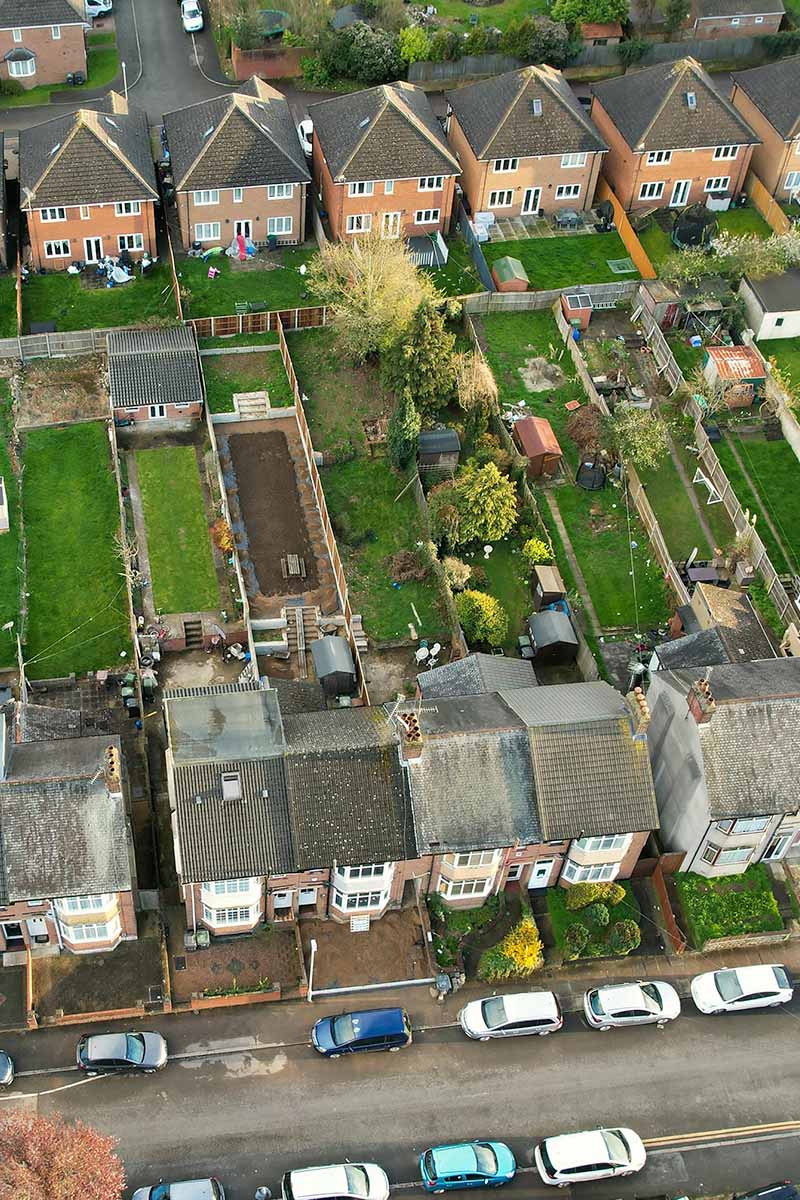Who pays utility bills on an inherited property?
Inheriting a home comes with emotional and legal responsibilities, and one of the first practical issues families face is managing the bills. From electricity and gas to broadband and council tax, utility costs don’t pause when someone passes away. This guide explains everything you need to know, including the key transition points, legal obligations, and how to avoid paying for someone else’s usage.
Utility bills for an inherited property are usually paid by the estate until the home is legally transferred to a new owner.
Key points include:
- Executors manage utility bills from estate funds during probate.
- Beneficiaries take over bills once the property is in their name.
- If you move in before legal transfer, you may be responsible for the bills.
- Notify utility providers immediately and submit meter readings.
- You can cancel contracts like broadband without exit fees.
- Accurate readings and written proof help avoid billing disputes.

Who pays utility bills during probate?
Until the property is legally transferred to a beneficiary or sold, the estate is responsible for utility bills.
This includes:
- Ongoing electricity, gas, and water charges.
- Council tax (unless exemptions apply).
- Broadband, phone, and TV licence.
- Standing charges on empty properties.
The executor (or administrator) handles payments from estate funds — they are not personally liable.
Practical steps:
- Notify all utility providers as soon as possible.
- Request to move accounts into the estate’s name (or create an executor account).
- Take meter readings and photograph them for records.
- Ask suppliers about bereavement support or payment pauses.
When does the new owner become responsible?
Once the property is legally transferred — through sale or inheritance — the new owner becomes responsible for all utility bills and costs from the date of transfer.
If you're keeping the property:
- Contact providers and switch accounts into your name.
- Submit new meter readings to start fresh.
- Shop around for better tariffs or minimal-use options if unoccupied.
If you're selling:
- Bills remain the estate’s responsibility until completion.
- The executor should settle all utility costs before handover.
- Final readings should be taken on the day of sale.
Who pays if you move in before formal transfer?
If you begin using or living in the home before it’s legally yours, you may be expected to cover utility bills for the time you’re occupying the property — especially if you're the only one benefiting.
This arrangement should be agreed in writing with the executor and may involve reimbursing the estate or handling bills directly.
What happens if the home is empty?
Empty homes still accrue costs. Even if utilities are unused, standing charges often apply for gas, electricity, and water — plus:
- Council tax (may be exempt or discounted depending on the stage of probate).
- Unoccupied property insurance.
- Security and maintenance costs.
To reduce costs while the home is unoccupied:
- Ask utility providers for standing charge-only tariffs.
- Turn off non-essential services.
- Notify the council about probate status to request exemption or discounts.
Summary table: Utility bill responsibility timeline
Save time and hassle by selling your home with us
Get a guaranteed cash offer on any property in England and Wales. All you need to do to get started is enter your address below.
How to avoid being billed for someone else’s usage
New owners, whether beneficiaries or buyers, should take key steps to avoid unexpected costs:
- Take meter readings on the day of transfer or move-in.
- Contact all utility providers immediately with your name and the transfer date.
- Get written confirmation that accounts have been transferred.
- Avoid topping up prepayment meters before speaking to suppliers.
- Photograph meter readings for records and future disputes.
- Retain all communication in writing, especially confirmation of when your billing starts.
Under UK energy rules, you shouldn’t be held liable for usage prior to your ownership — but clear evidence helps enforce this if a dispute arises.
Can you cancel contracts like broadband or TV?
Yes. Executors or personal representatives have the right to cancel ongoing contracts due to the account holder’s death — without early exit penalties.
What to do:
- Notify the provider and provide a copy of the death certificate.
- Return any equipment if requested.
- Request confirmation that no cancellation fee will be charged.
If a provider tries to charge penalties, you can escalate the issue — Ofcom guidance protects bereaved families from such fees.
What the government says
The UK government confirms that the estate is responsible for paying utility bills after someone dies, including bills that continue to arrive during probate.
Once the property passes to a new owner, they take on the legal obligation for bills. If you're using or occupying the home before legal transfer, you may still be expected to pay during that time.
You can read the full government guidance on managing estate finances after death here.
Final thoughts
Utility bills don’t stop when a loved one passes away — but with the right steps, managing them can be straightforward.
- The estate pays until the property is transferred.
- Beneficiaries pay once they become owners.
- Always take meter readings, notify providers, and request account changes.
- Don’t forget about council tax, even if the home is empty.
If you're looking to reduce ongoing costs or sell the property quickly, Habello can help. We offer:
- A guaranteed cash offer on inherited homes.
- No fees or commissions.
- A flexible timeline to suit your needs.
- Full legal support, including during probate.
Get in touch today for a free estimate and find out how simple it can be to move forward with peace of mind.
Property owners are choosing Habello for a faster, easier and less stressful way to sell
Sell your home quickly for cash by accepting an offer just below market value. See how we compare to your other options by using the calculator below.
Related guides
Bring yourself up to speed with our property guides.





































































































